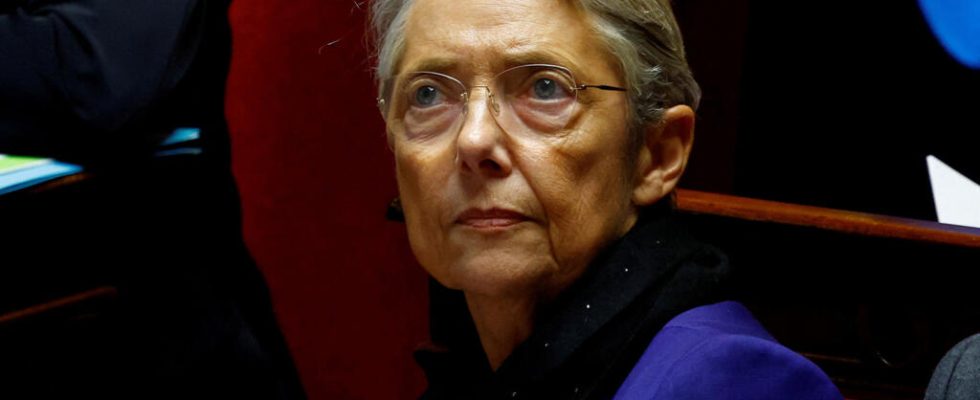The immigration law was definitively adopted on Tuesday December 19 by the Senate and the National Assembly. In the presidential camp, there were 59 votes against or abstentions, a sign of a divide within the majority. And some ministers have put their resignation in the balance. Interview with Olivier Rouquan, political scientist, teacher-researcher in political science.
3 mins
RFI: After this vote, are we facing the explosion of the macronie, with what remained of the center-left wing which will leave the ship?
Olivier Rouquan: Yes, there is a probability that this jerk leaves traces. So for the moment, it is difficult to know what the effects will be and are we going to have a real stalling of a left wing of the macronie which would leave, which would leave the ship. It’s a little early to know, but it’s obvious that these famous tensions leave a problem that cannot be resolved immediately. To hook up this left wing in the long term, the government would need to quickly put an issue on the agenda for texts to be voted on that could motivate this left wing, and for the moment this is not at all announced or predictable.
A council of ministers is due to take place this Wednesday. Are we heading towards a government crisis?
This will depend somewhat on the number of ministers. We know of resignations of ministers, there were some under the Fifth Republic. The key for the Prime Minister is to stem the bleeding, and for the moment, it is a sensitive case, since Aurélien Rousseau is considered close to Élisabeth Borne. [mercredi en milieu de matinée, Emmanuel Macron indiquait ne pas avoir reçu la démission du ministre de la Santé, ndlr]. We will have to see if it stops there, it can perhaps be controlled, but if you have two, three, four ministers who announce their resignation, then it will be difficult for Élisabeth Borne to retain the head of this government.
Two ministers had announced a possible resignation: Patrice Vergriete and Sylvie Retailleau. Throughout the chaotic course of this law, the executive assured that public opinion was favorable to the text. The surveys should be interpreted with caution. Is this a way for the executive to legitimize this historic toughening on immigration?
In any case, he relies heavily on these polls. We know that public opinion, when questioned regularly – and when the issue is presented from certain angles, notably by the extreme right – tends to be, as on security subjects, quite simple and want a toughening of the texts. Does this really reveal that immigration is a very worrying expectation for public opinion, at the heart of its daily thoughts? That’s something else. There may be a gap between some polls which are carried out on the spot and the reality of the weight of this issue is one of the concerns.
Read alsoFrance: what is contained in the draft immigration law adopted in Parliament
